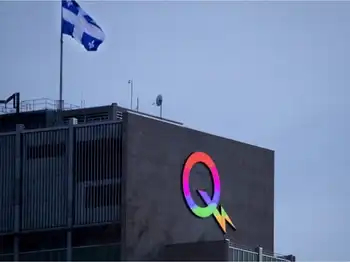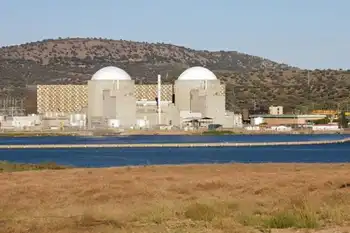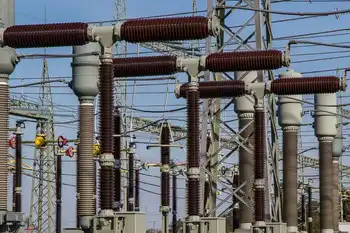Allegheny Energy, Duquesne Light Ask Pennsylvania for Electric Rate Increase
- Customers in most of Pennsylvania could see their electricity bills go up slightly next year if state regulators approve $142 million in rate increases requested by the state's electric utilities.
The companies have asked the Public Utility Commission to approve the rate increases to cover the cost of a tax surcharge the utilities will have to pay in 2002.
Allegheny Energy, formerly West Penn Power, has asked the PUC to approve a $17.8 million rate increase for its 690,000 customers in Pennsylvania. Allen Staggers, a company spokesman, said that if the rate increase is approved it would mean an increase of $1.13 a month for customers who use 1,000 kilowatts of electricity a month.
Duquesne Light Co. wants the PUC to approve a $14 million rate increase for its 500,000 customers. Duquesne spokesman John Laudenslager said the rate increase will boost the average residential customer's bill by about $1.19 a month.
However, Duquesne Light has asked that the charge not go into effect until March.
At that time, Duquesne Light will no longer collect from customers a surcharge to cover so-called stranded costs -- largely unrecoverable energy investments made prior to electricity deregulation.
The net effect of the proposed tax surcharge and the elimination of the charge for stranded costs will save the average residential customer about $11.10 a month, Laudenslager said.
As part of Pennsylvania's electric deregulation plan, the rates that electric utilities charge are capped by the PUC. The rate caps have helped spare Pennsylvanians from the soaring prices seen earlier this year in California.
However, Pennsylvania's electric deregulation law, approved in 1996, does permit utilities to pass tax increases on to consumers.
When the Legislature debated electric deregulation, some lawmakers said they were concerned that restructuring of the industry could lead to a drop in the amount of taxes the utilities pay.
They wanted to assure that this steady stream of income would remain.
The law provides that, if the taxes utilities pay drop below what they paid in fiscal year 1995, the state Department of Revenue can impose a surcharge on the utilities to make up the difference.
Related News

Hydro-Québec puts global ambitions on hold as crisis weighs on demand
MONTREAL - COVID-19 is forcing Hydro-Québec to pull the plug on its global ambitions — for now.
Quebec’s state-owned power generator and distributor has put international mergers and acquisitions on hold for the foreseeable future because of the COVID-19 crisis, chief financial officer Jean-Hugues Lafleur said Friday.
Former chief executive officer Éric Martel, who left last month, had made foreign expansion a key tenet of his growth strategy.
“We’re in revision mode” as pertains to acquisitions, Lafleur told reporters on a conference call. “I don’t see how Hydro-Québec could take $5 billion now and invest it in Chile because we have an investment…




